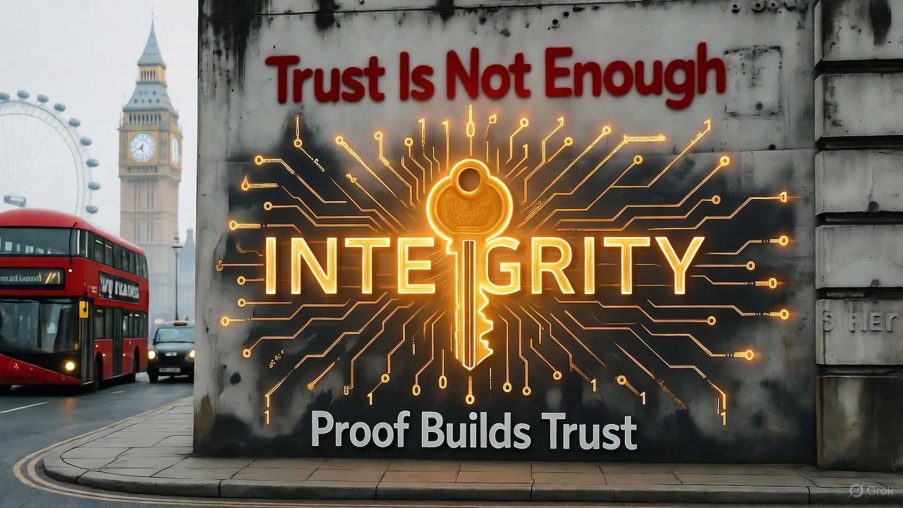In an era defined by data breaches, surveillance, and selective accountability, trust alone is no longer enough. At Legal Lens, we’ve taken a decisive step to ensure that integrity is not just promised, but engineered.
From this month, all Legal Lens communications, evidence files, and internal systems are protected by hardware-based authentication (YubiKey FIDO2 / PIV) — the same high-assurance security standard used by governments, financial institutions, and major technology companies.
Why We Made the Change
Our work frequently involves whistleblowers, litigants in person, and reform advocates handling highly sensitive material. These are individuals who already face institutional resistance and personal risk. They deserve more than the industry’s usual assurances that “data is protected.”
Traditional multi-factor authentication — passwords, SMS codes, or authenticator apps — still relies on software that can be intercepted or reset. A hardware key operates differently: it uses cryptographic verification that only activates on legitimate domains. Even if a password were stolen or a network compromised, the system would refuse access without the physical key in hand.
In short: no key, no entry — not even for an administrator.
Integrity by Architecture
Legal Lens exists to expose systemic misconduct, bias, and procedural failure across the justice system. To do that credibly, we must show that our own processes are tamper-proof.
Hardware authentication gives us that assurance. Every access event is digitally signed and verifiable. There are no passwords to leak, no “forgotten credential” resets, and no third-party hosting control. The system is cryptographically self-policing — and crucially, transparent about how it works.
This is not a cosmetic measure. It’s a statement of operational ethics: if we ask public bodies and regulators to prove integrity, we must first prove it ourselves.
How This Compares to Legal Industry Standards
Most law firms still depend on centrally managed passwords and cloud authentication platforms. These are convenient but vulnerable — and reliant on trust in administrators, vendors, and opaque IT environments.
Legal Lens’s approach is different:
- Authentication: Hardware key, not password.
- Access control: Physical possession required; no remote override.
- Data custody: Locally secured or encrypted, not vendor-controlled.
- Audit trail: Cryptographically verifiable, not dependent on third-party logs.
This aligns with the UK GDPR’s Article 32 requirement for “appropriate technical and organisational measures,” but goes further by eliminating the weakest link in digital security — the human one.
Security as Public Accountability
When whistleblowers, claimants, or campaigners contact us, they need to know that their evidence cannot be intercepted, duplicated, or tampered with. Publicly disclosing our security framework provides that confidence.
It also challenges a broader problem in the legal sector: the gap between ethical language and operational reality. Too often, institutions promise confidentiality while outsourcing it to systems they do not control. Hardware-secured authentication reverses that equation. It restores control to the practitioner and, by extension, to the people we represent.
The Broader Message
Security and transparency are two sides of the same coin. You cannot have one without the other. By moving to a fully hardware-secured environment, Legal Lens demonstrates that integrity is not a slogan — it’s an infrastructure choice.
- We believe reform begins with how we handle the truth.
- Hardware security is not a technical upgrade; it’s a moral one.
About Legal Lens
Legal Lens is an independent advocacy and investigative platform committed to transparency, accountability, and justice reform. We provide analysis, evidence support, and policy insight for whistleblowers and litigants in person.
All Legal Lens communications are protected by YubiKey hardware authentication (FIDO2 / PIV) to guarantee authenticity, confidentiality, and independence from institutional interference.
🔐 Security by design. Integrity by proof.

